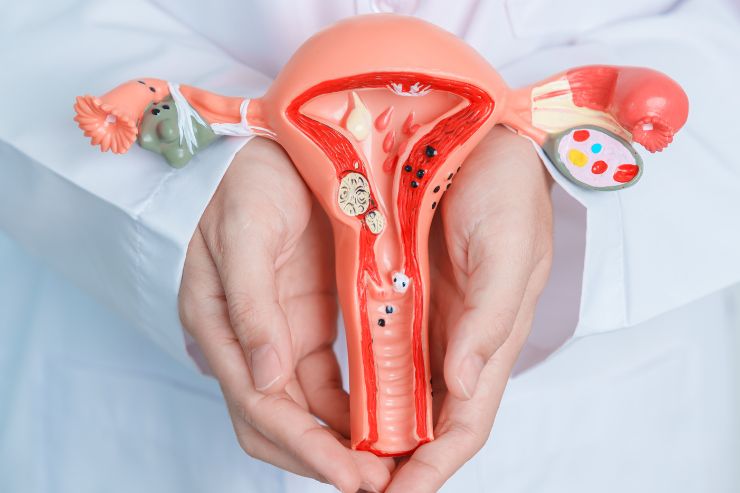FIBROIDS
Fibroids, also known as uterine leiomyomas, are non-cancerous growths that develop in or around the uterus. They are composed of muscle and fibrous tissue and can vary in size from tiny nodules to large masses. While some women experience no symptoms, others may have significant discomfort and complications. At E H Care, we provide expert diagnosis and advanced treatments to manage fibroids effectively and improve reproductive health.
Seek medical attention if you experience:
The exact cause of fibroids is unknown, but they are linked to:
Although fibroids cannot always be prevented, you can lower your risk by:
At EH Care, treatments are completely non-surgical and use the power of natural plant extracts. These plant-based solutions are safe, gentle, and free from harmful side effects. The therapy focuses on healing from within, offering a healthier and more balanced way to treat health problems. Every treatment is carefully designed to support the body’s natural recovery process. With no use of chemicals or surgery, EH Care provides a soothing and effective path to long-lasting wellness.
